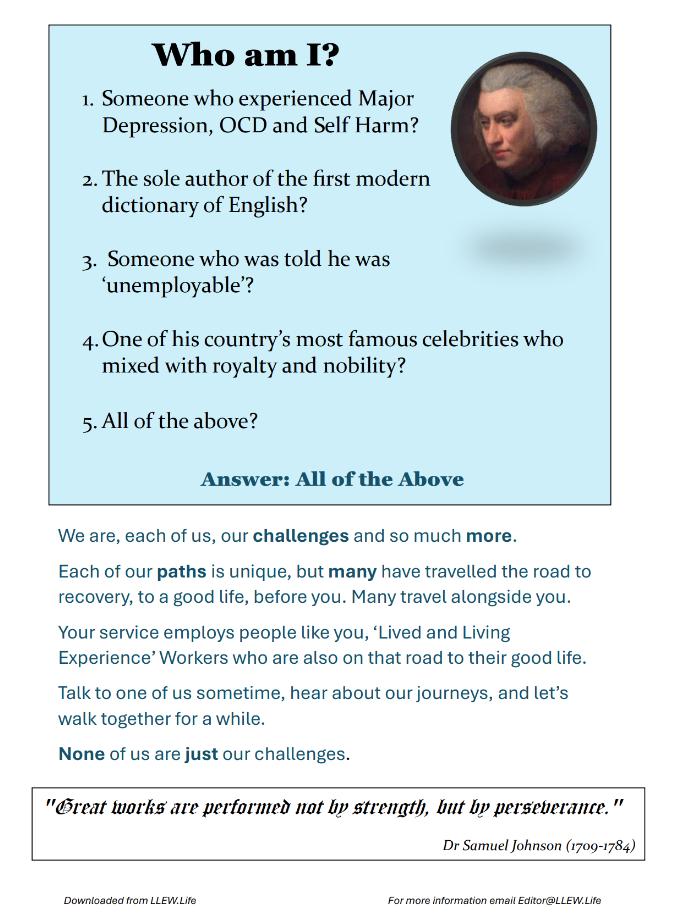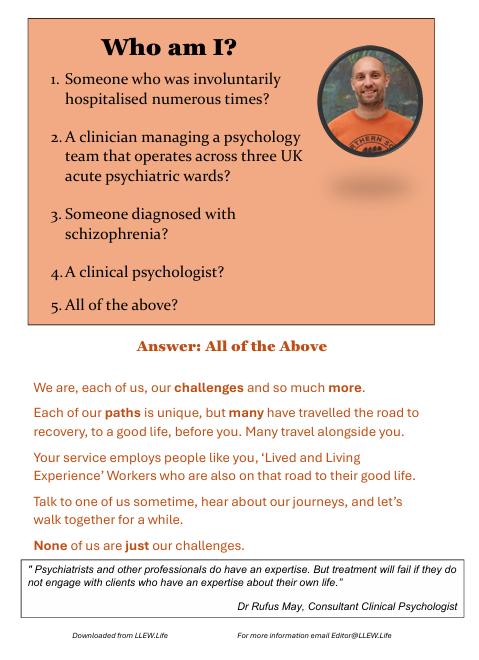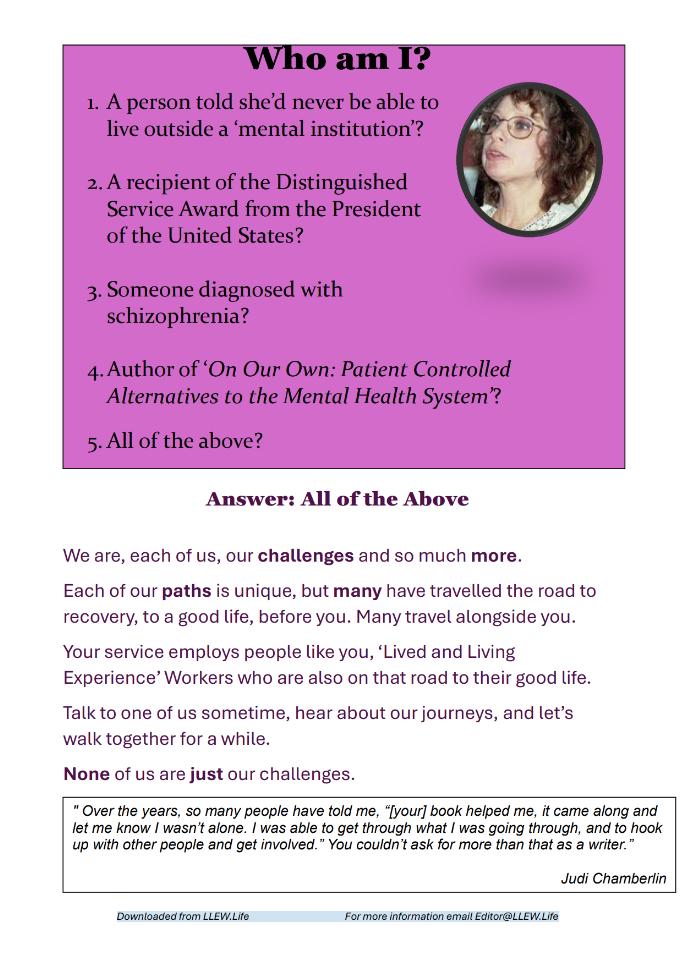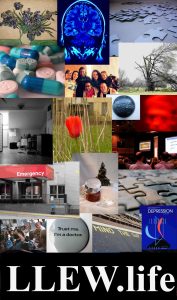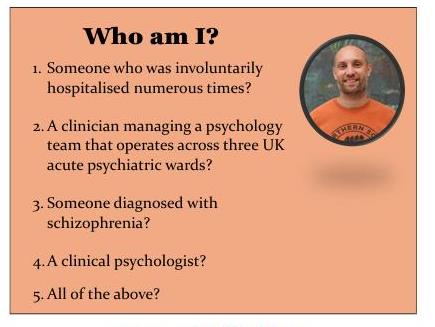Resources to reduce Stigma and Labelling
THE PROBLEM
When we get a diagnosis we also get a whole new identity. Instead of students, or workers or parents, or teenagers, we are now ‘consumers’, ‘people with mental illness’
Efforts at ‘psychoeducation’ and development of ‘insight’ into what changes are required to maintain recovery – pills, a permanent relationship with clinicians, limits on activities – can also often seem like not only the start of a new phase of life, but the end of whatever we were before, and of the hopes and dreams that had been our hope for the future.
The new identity can also bring with it lowered expectations for what is ‘reasonable’ or practical’.
And lower expectation can drive lower achievement which confirms th premise and on we go, spiralling away from the social world we were in and in which our friends and siblings still live.
WHY WILL THESE POSTERS BE RELEVANT?
There are lots of list of historical high achievers to whom mental illness is imputed. And these lists are inspiring and interesting.
The posters are a little more focused than the lists. The question that starts each poster, “who am I?’ is not just the start of a quiz. It’s a question most consumers ask themselves early and often and which resonates with us.
And the wrong answer can be a large driver behind resistance and denial, and worse, an existential risk.
THE MESSAGE
The basic message of these posters is that we can have multiple valued social identities , can be multiple things – we can be ‘All of the Above’
The first of these posters focus on people like us who have been allotted the identity of ‘consumer of mental health services’ but have also earned and maintained other valued social roles, other identities – doctor, author, celebrity, clinician.
The posters also act as an introduction to the role of LLEW, as further examples of consumers who have earned roles valued in the mental health system.
They can also be locally tailored to include other public figures or where appropriate, be used to introduce willing local LLEW who also of course have valued identities which too many consumers can feel they have lost or are incompatible with the consumer identity – identities such as ‘worker’, ‘mum’, ‘partner’, ‘footy coach’, ‘artist’, ‘pet parent’ etc.
A blank template and one such example is included, As an example, not a recommendation.😊
